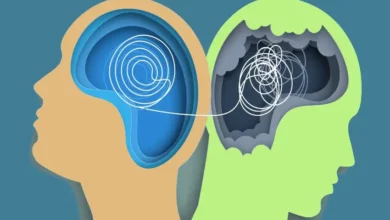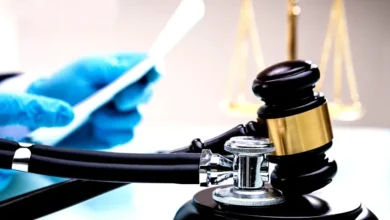How Much Water Should You Drink Daily? Hydration Guidelines
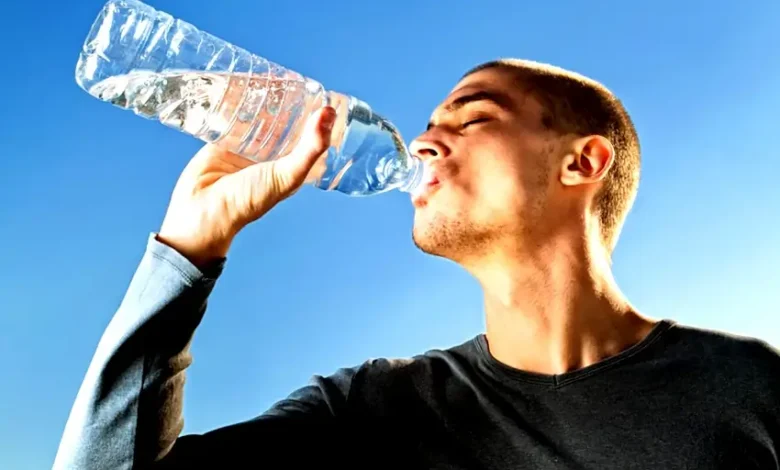
How Much Water Should You Drink Daily? Hydration Guidelines. Hydration is a vital part of staying healthy, but how much water do you really need? Let’s dive into the science of hydration and explore practical ways to keep your body hydrated.
Why Hydration Matters?
The Role of Water in the Body
Water is essential for nearly every function in your body. It helps regulate body temperature, transport nutrients, flush out waste, and cushion your joints. Without enough water, your body struggles to perform these basic tasks.
Common Signs of Dehydration
- Dry mouth and thirst
- Fatigue or low energy
- Dark-colored urine
- Dizziness or headaches
General Hydration Guidelines
The “8×8” Rule Explained
You’ve probably heard the rule: drink eight 8-ounce glasses of water a day. While it’s a good starting point, it doesn’t work for everyone. This guideline provides about 2 liters of water daily, which is close to the recommended intake for many adults.
Individual Needs and Variations
Your water needs depend on various factors like your size, activity level, and the climate you live in. Some people may need more than 2 liters, while others may require less.
Factors That Influence Water Needs
Age and Gender
Men generally need more water than women due to larger body sizes. Older adults may require extra hydration as their thirst sensation diminishes with age.
Physical Activity Levels
The more you sweat, the more water you need. Athletes or people with physically demanding jobs often require higher fluid intake.
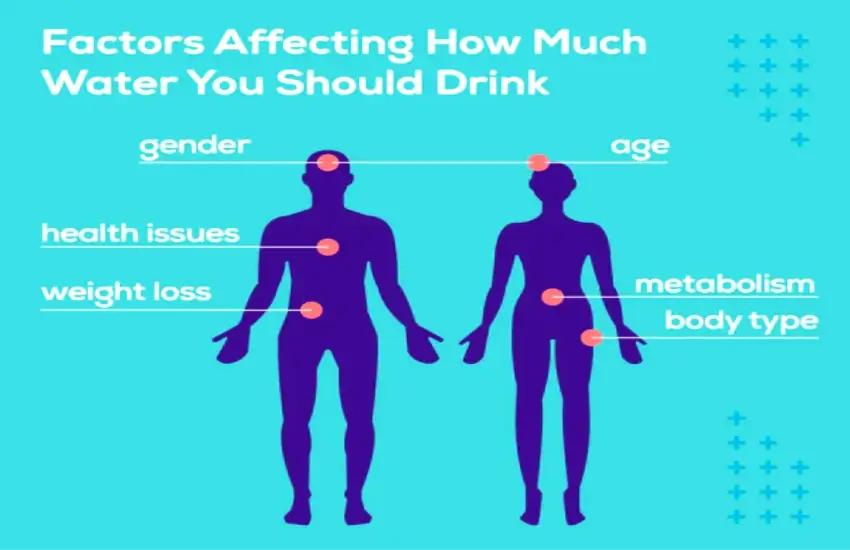
Climate and Environment
Hot or humid climates increase your need for water. If you live in such areas, you’ll need to drink more to stay hydrated.
Health Conditions
Certain conditions like fever, diarrhea, or kidney problems can increase your fluid needs. Always consult a doctor if you’re unsure.
Search for health: What is Lupus and Avocados Reduce Belly Fat.
Water vs. Other Beverages
Can Coffee and Tea Hydrate You?
Yes! While caffeine is a mild diuretic, coffee and tea still contribute to your daily fluid intake.
The Role of Fruits and Vegetables
Foods like cucumbers, watermelon, and oranges are high in water content and can help keep you hydrated.
Myths About Hydration
Do You Need Exactly 8 Glasses a Day?
Not necessarily. The “8×8” rule is just a general guideline. Your actual needs depend on your lifestyle and environment.
Is Clear Urine Always the Goal?
No. While clear urine can indicate good hydration, pale yellow urine is also a sign you’re drinking enough.
Special Hydration Considerations
During Exercise
Drink water before, during, and after workouts. For extended exercise sessions, consider beverages with electrolytes to replenish lost salts.
Pregnancy and Breastfeeding
Expectant and nursing mothers need extra fluids to support themselves and their babies. Aim for at least 10-12 cups daily.
For Older Adults
A diminished sense of thirst makes older adults more prone to dehydration. Setting reminders to drink water can help.
Risks of Overhydration
Drinking too much water can lead to hyponatremia, a dangerous condition where sodium levels in the blood become too low. Balance is key.
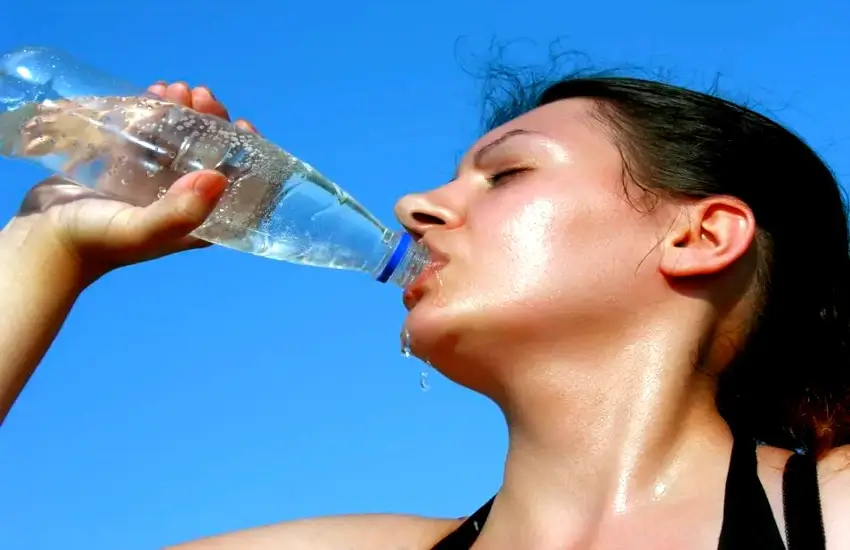
Practical Tips for Staying Hydrated
Setting Daily Water Goals
Use a reusable bottle to track your intake. Aim to drink small amounts throughout the day rather than large quantities at once.
Incorporating Water-Rich Foods
Include fruits and vegetables in your diet to boost hydration effortlessly.
Using Hydration Apps and Tools
Hydration apps can send reminders to drink water and help you track your progress.
Benefits of Staying Properly Hydrated
Improved Physical Performance
Proper hydration enhances endurance, strength, and recovery.
Better Cognitive Function
Drinking enough water helps you stay alert and improves focus.
Enhanced Skin Health
Well-hydrated skin looks healthier and feels more supple.
Signs You’re Drinking Too Little or Too Much
- Too Little: Dry skin, fatigue, and dark urine.
- Too Much: Frequent urination, swelling, or confusion.
How to Make Water More Enjoyable?
Add slices of lemon, cucumber, or berries to your water for a refreshing twist. Herbal teas and sparkling water are great alternatives, too.
Conclusion
Staying hydrated is essential for your overall health, but your specific water needs depend on your body, lifestyle, and environment. Listen to your body’s signals, adjust your intake as needed, and enjoy the benefits of staying properly hydrated. For more health tips visit our website Media Music Mania.
FAQs
1. How can I tell if I’m dehydrated?
Look for symptoms like thirst, dry mouth, dark urine, or dizziness.
2. Is sparkling water as hydrating as still water?
Yes, sparkling water hydrates just as effectively as regular water.
3. Can drinking too much water be harmful?
Yes, overhydration can cause low sodium levels in the blood, leading to hyponatremia.
4. How does alcohol affect hydration?
Alcohol is dehydrating because it increases urine production, so drink water alongside it.
5. Should children follow the same hydration guidelines as adults?
No, children require less water but should still drink regularly based on their age and activity level.

